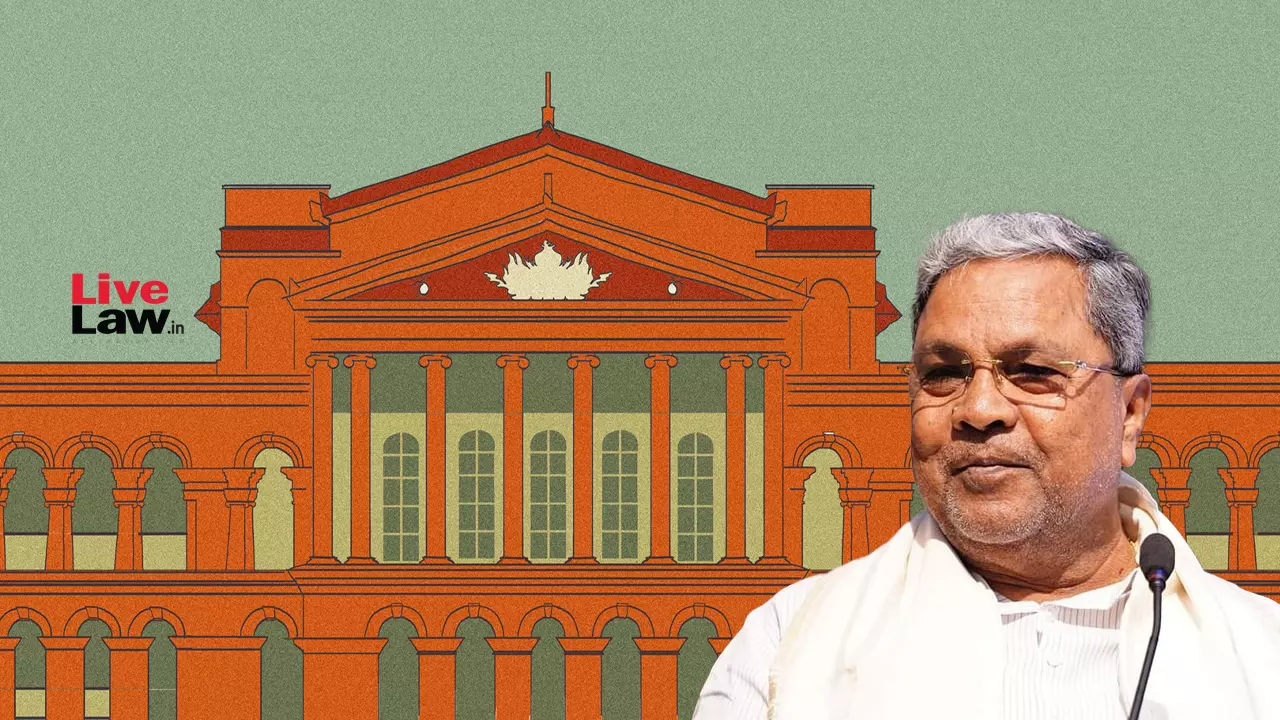 |
|
The Karnataka High Court witnessed a heated legal battle on September 9, 2023, as the state government argued against the Governor's sanction to prosecute Chief Minister Siddaramaiah in a multi-crore scam related to the Mysore Urban Development Authority (MUDA). The state contended that the preliminary inquiry mandated under Section 17A of the Prevention of Corruption Act (PCA) should be conducted by the police and not the Governor, who had granted the sanction in this case.
The high court, presided over by Justice M Nagaprasanna, heard the CM's plea seeking the quashing of the Governor's order. The state's advocate general, Shashi Kiran Shetty, emphasized that Section 17A requires a preliminary inquiry by the investigating officer before seeking approval for prosecution. This point sparked a back-and-forth with the court, which orally questioned the necessity of such an inquiry prior to sanction approval.
Shetty argued that private individuals shouldn't be given precedence over police officers in this regard, highlighting the 'abnormal delay' in the case and the fact that the complaint stemmed from 1998. He emphasized that the Governor's role is to approve the prosecution, not conduct the initial inquiry. The court further questioned the purpose of the 17A approval if an inquiry is already conducted, leading to a debate about the roles and responsibilities of the police, the Governor, and the competent authority in this legal process.
Shetty referred to the Supreme Court's ruling in Lalita Kumari, stating that the Governor's order lacked proper 'application of mind' and a preliminary inquiry. He argued that the Governor should not have entertained the application without first seeking information from the investigating officer and ensuring compliance with the standard operating procedure laid out by the central government. The advocate general emphasized that the Governor's discretion is not absolute, citing Supreme Court precedents on the matter.
While the state government presented its arguments, Lakshmy Iyengar, representing the complainant, focused on the CM's alleged involvement in the matter throughout various periods, including when he was not in power. The court questioned the relevance of the 'check period' – the time period used to assess an accused's assets – in this case. The hearing was adjourned to September 12, with the high court extending the operation of the interim order that had previously deferred all proceedings against the CM.
This case highlights a complex legal battle involving the powers and responsibilities of various authorities in India's legal system. The debate centers around the proper application of the Prevention of Corruption Act, particularly Section 17A, and the extent to which the Governor's discretion in granting sanction can be exercised. The court's final decision will have significant implications for future cases concerning the prosecution of public servants in India.
